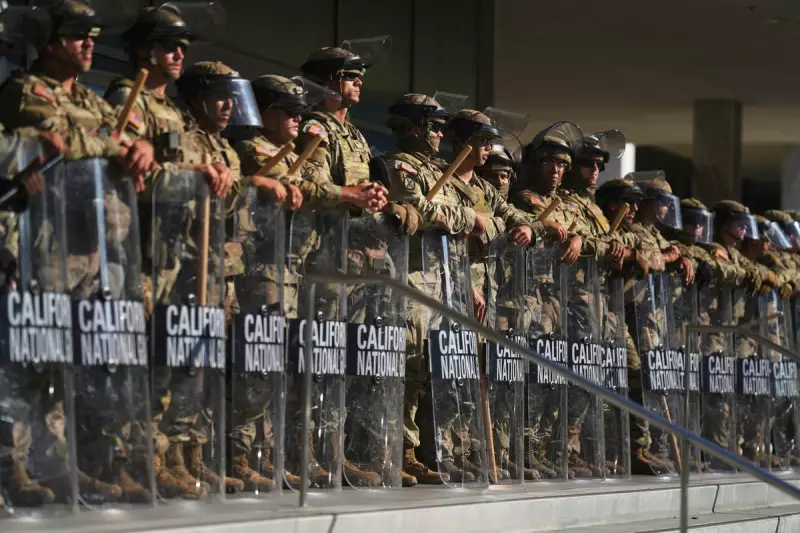
In a dramatic escalation of federal-state tensions, unidentified federal officers have been deployed to Portland, Oregon, operating without the consent of state authorities and igniting fresh concerns about democratic norms in the United States.
Federal Intervention Sparks Outrage
The deployment marks an unprecedented move where federal law enforcement personnel are operating on state soil against the explicit wishes of local government officials. Oregon's leadership has expressed alarm at what they describe as an unconstitutional occupation of their city.
California Governor Gavin Newsom voiced strong condemnation of the situation, stating: "What's happening in Portland should offend every single American, regardless of their political affiliation. This is about the fundamental principles of our democracy."
Constitutional Questions Raised
Legal experts are debating the constitutional implications of deploying federal agents without state invitation. The move challenges traditional interpretations of states' rights and federal authority, creating what some are calling a dangerous precedent for federal overreach.
Governor Newsom emphasised the broader significance, noting that the Portland situation represents more than just a local law enforcement issue. "This isn't about Portland alone - it's about whether federal authorities can override state sovereignty and impose their will without invitation or justification."
Growing National Concern
The deployment has drawn criticism from across the political spectrum, with concerns mounting about the potential for similar federal actions in other states. The use of unidentified officers in unmarked vehicles has particularly alarmed civil liberties advocates who warn of chilling implications for protest rights nationwide.
As tensions continue to mount in Portland, the situation raises fundamental questions about the balance of power between state and federal governments, and whether such interventions could become more common in future political disputes.






